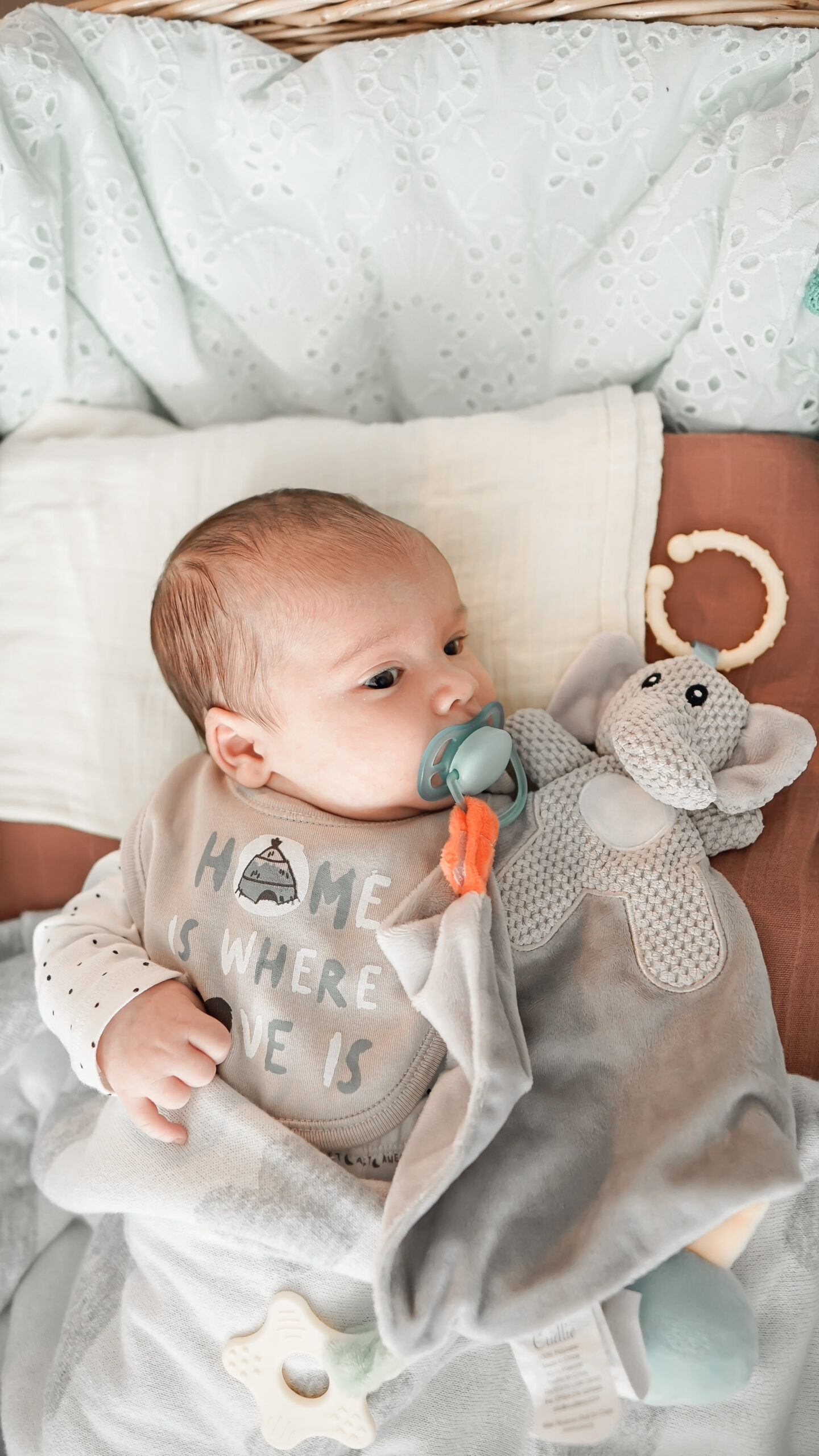The Comprehensive Guide for Parents: Navigating the World of Newborn Dummies
Welcome to this delightful journey of parenthood, where happiness knows no bounds, and every moment is filled with the purest joy. Among the many decisions new parents must make, choosing whether or not to use a newborn dummy is one. To help you through the process, we’ve formulated a comprehensive guide on newborn dummies- their types, uses and pros and cons. So, let’s jump right in!
Understanding Newborn Dummies: What are they?
Newborn dummies, also known as pacifiers, soothers, or comforters, are non-nutritive items providing babies with an additional sense of comfort and satisfaction. Used as a calming tool, they can be an invaluable accessory in your newborn toolkit. However, it’s important to understand their use and implications before deciding if it’s the right fit for you and your baby.
Types of Newborn Dummies
There are multiple types of newborn dummies available in the market, each with their own specific features.
One-piece dummies:
These are made from a single mould, making them safer because there are no parts that could potentially come apart.
Orthodontic dummies:
Designed to protect your baby’s oral development, orthodontic dummies have a flattened bottom and rounded top.
Stuffed animal dummies:
These are regular dummies attached to a small stuffed toy. They can provide extra comfort to your baby and are easier to find when dropped!
The Benefits of Using a Newborn Dummy
When used appropriately and safely, newborn dummies can offer several benefits. However, it’s essential to consult with your pediatrician and consider your baby’s unique needs.
Remember, no one-size-fits-all when it comes to parenting strategies, and the decision of using a newborn dummy depends on your unique circumstances and preferences. This guide aims to provide insights to help you make an informed decision. Enjoy your parenting journey and remember, you’ve got this!

Credit: Pexels
–
Calming Effect:
Newborn dummies are known for their soothing effect. They can help your baby relax, reducing fussiness and crying episodes.
–
Easier Transitions:
When faced with new environments or unfamiliar faces, babies can often feel overwhelmed. A dummy can provide a familiar source of comfort, leading to easier transitions.
–
Lower SIDS Risk:
Several studies suggest that using dummies during sleep can reduce the risk of Sudden Infant Death Syndrome (SIDS) for babies.
The Drawbacks of Using a Newborn Dummy
While there may be benefits, there are also potential drawbacks to consider when deciding whether to introduce a dummy to your newborn.
–
Interference with Breastfeeding:
Some studies suggest that introducing a dummy too early can cause nipple confusion, potentially interfering with breastfeeding success.
–
Dental Problems:
Long-term use of dummies can contribute to oral issues, such as misaligned teeth or changes in the roof of the mouth.
–
Dependency:
Some parents and caregivers have found it challenging to transition their child away from the dummy when the time is appropriate.
Proper Use and Hygiene Tips
When used correctly, dummies can be a safe pacifying option for your baby. It’s always crucial to focus on hygiene and safety to ensure your newborn dummy remains a beneficial tool.
–
Regular Cleaning:
Always keep your newborn dummy clean to avoid the spread of bacteria. Clean the dummy regularly using warm soapy water, but avoid cleaning it in your own mouth.
–
One at a Time:
Having a few dummies at hand can be handy, but it’s important to use one dummy at a time to avoid mixing up used and cleaned ones.
–
Time to Stop:
Health professionals suggest that it is beneficial if the dummy use is stopped between six and 12 months of age to avoid any dependency issues.
Conclusion
Whether or not to use a newborn dummy is a personal decision that should be made considering the unique needs of your child. Balancing the benefits and potential drawbacks, adhering to good hygiene, and consistently monitoring the baby’s health will ensure that this parenting tool benefits your newborn in the best possible way. Happy parenting!
Preparing for A Newborn Dummy: 5 Things Parents Should Know
Bringing home a newborn baby is an exciting yet overwhelming time. One tool that can provide some relief is a newborn dummy, also known as a pacifier. While they can be great for helping to soothe a fussy baby, it’s important for new parents to understand the responsible ways to use them. Let’s explore the top 5 things parents should know when preparing for a newborn dummy.
1. Not All Dummies are Created Equal
Firstly, not all dummies are suitable for every baby. Newborn dummies are specially designed for infants under 6 months and they come in different sizes. It’s important that you choose the correct size for your baby’s age to ensure it’s safe and effective.
2. The Shape Matters
Babies might have different preferences when it comes to the shape of the dummy. Some prefer an orthodontic shape, which is flat and shaped to naturally fit in a baby’s mouth, while others might prefer a rounded or cherry-shaped dummy.
3. Maintain Dummy Hygiene
Babies’ immune systems are still developing, so it’s crucial that the dummy is always clean. Sterilize the dummy regularly and replace it when it starts to show any signs of wear or damage to ensure it’s safe and hygienic.
4. Know When to Use It
Dummies can be great for comforting a baby, but avoid overuse as it may interfere with feedings if the baby is not yet used to sucking. Introduce the dummy after your baby is one month old and you have established a good feeding routine.
5. Be Prepared for Dummy Weaning
Lastly, be prepared that your child may become attached to their dummy. Plan for a gradual weaning process from the dummy to avoid causing any distress for your baby. Most children are ready to stop using a dummy between the ages of two and four.
The right approach to using and managing newborn dummies can benefit both parents and the baby, helping to bring about some peace during those early and often challenging months of a newborn’s life.
For more great articles please see here. For more information on raising children see here
Disclaimer
The articles available via our website provide general information only and we strongly urge readers to exercise caution and conduct their own thorough research and fact-checking. The information presented should not be taken as absolute truth, and, to the maximum extent permitted by law, we will not be held liable for any inaccuracies or errors in the content. It is essential for individuals to independently verify and validate the information before making any decisions or taking any actions based on the articles.




